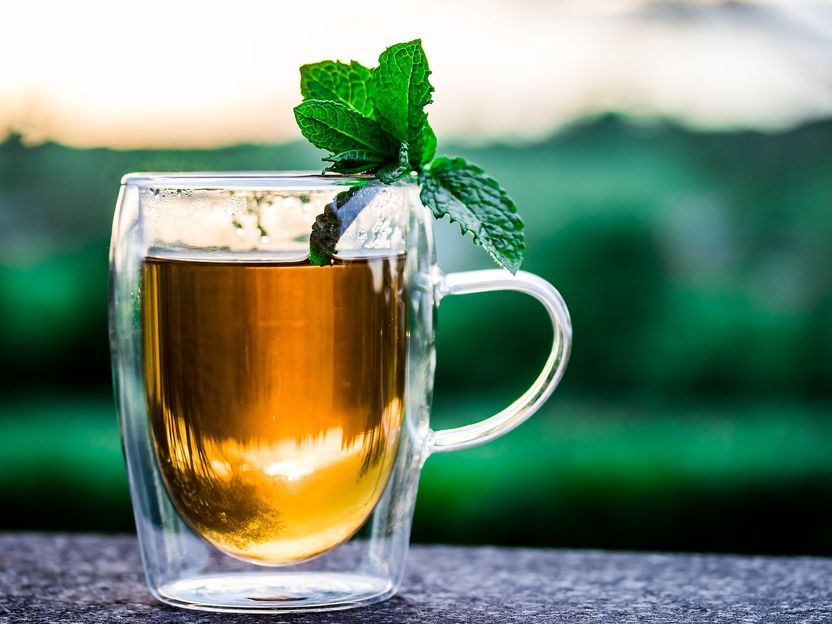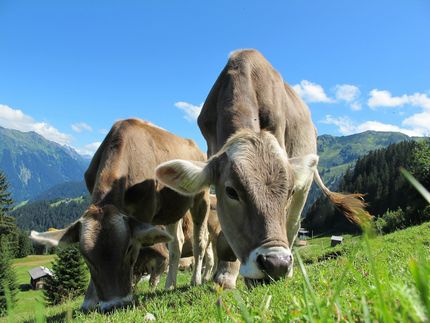Genetic key to "healthy" tea
Genome of an ancient tea tree elucidated and more than 200 different tea varieties analysed
tea (Camellia sinensis) is one of the world's most popular drinks with a wide range of flavours and health benefits. Researchers from Huazhong Agricultural University of Wuhan (China), Forschungszentrum Jülich, Heinrich Heine University Düsseldorf and the Max Planck Institute of Molecular Plant Physiology Potsdam-Golm have now elucidated the genome of an ancient tea tree and analysed more than 200 different tea varieties. The genome now forms the basis for further research into the biosynthesis of useful natural substances. The study was led by the plant researcher Prof. Weiwei Wen from Wuhan. On the German side, the Jülich genome researcher Prof. Björn Usadel collaborated with the expert for plant metabolic processes Prof. Alisdair Fernie from Potsdam-Golm as part of the international Bioeconomy Initiative of the BMBF.

The Chinese-German research team analysed more than 200 different varieties and identified their gene variants (symbolic image).
Myriams-Fotos, pixabay.com
In 2018, around 273 billion litres of tea were consumed worldwide. The trend is rising and makes tea one of the most popular soft drinks. However, tea is not only used for refreshment, tea has already been used in traditional Chinese medicine. The research team was concerned with the question of which natural ingredients are responsible for the taste and health-promoting properties.
To this end, they used the genetic characterization of old and wild tea varieties to trace the development of modern tea varieties. By analysing more than 200 different tea varieties from different growing regions, the scientists were able to identify gene variants that are responsible for the biosynthesis of healthy secondary plant compounds, the flavonoids. These include in particular catechins, bitter compounds in plants with high antioxidant potential.
These results could form the basis for improved breeding of healthy tea varieties. The scientists were able to show for the first time that, in contrast to other crops, targeted breeding with regard to secondary plant substances is rarely carried out. With the high-resolution genome data of old and wild tea varieties, new varieties can now be bred in the future to satisfy the growing international demand for "healthy" tea.
Original publication
Most read news
Original publication
Zhang, W., Zhang, Y., Qiu, H. et al.; "Genome assembly of wild tea tree DASZ reveals pedigree and selection history of tea varieties"; Nature Communications; 2020
Topics
Organizations
Other news from the department science

Get the life science industry in your inbox
By submitting this form you agree that LUMITOS AG will send you the newsletter(s) selected above by email. Your data will not be passed on to third parties. Your data will be stored and processed in accordance with our data protection regulations. LUMITOS may contact you by email for the purpose of advertising or market and opinion surveys. You can revoke your consent at any time without giving reasons to LUMITOS AG, Ernst-Augustin-Str. 2, 12489 Berlin, Germany or by e-mail at revoke@lumitos.com with effect for the future. In addition, each email contains a link to unsubscribe from the corresponding newsletter.





















































